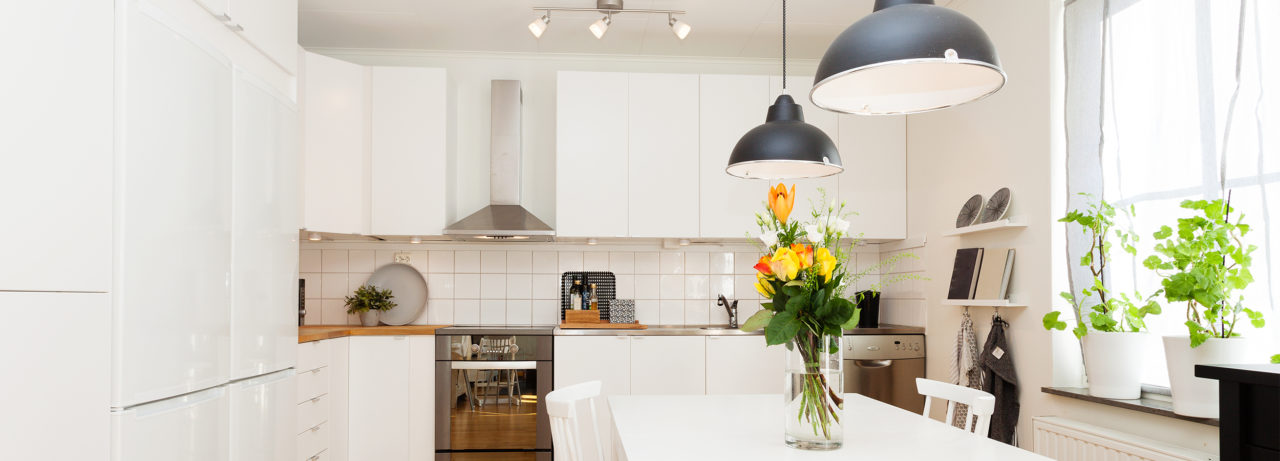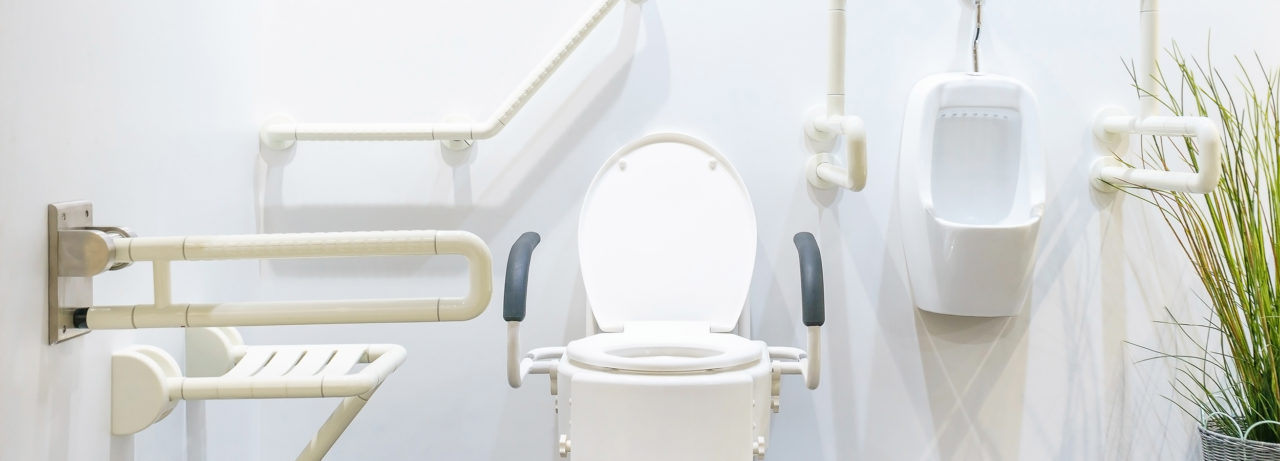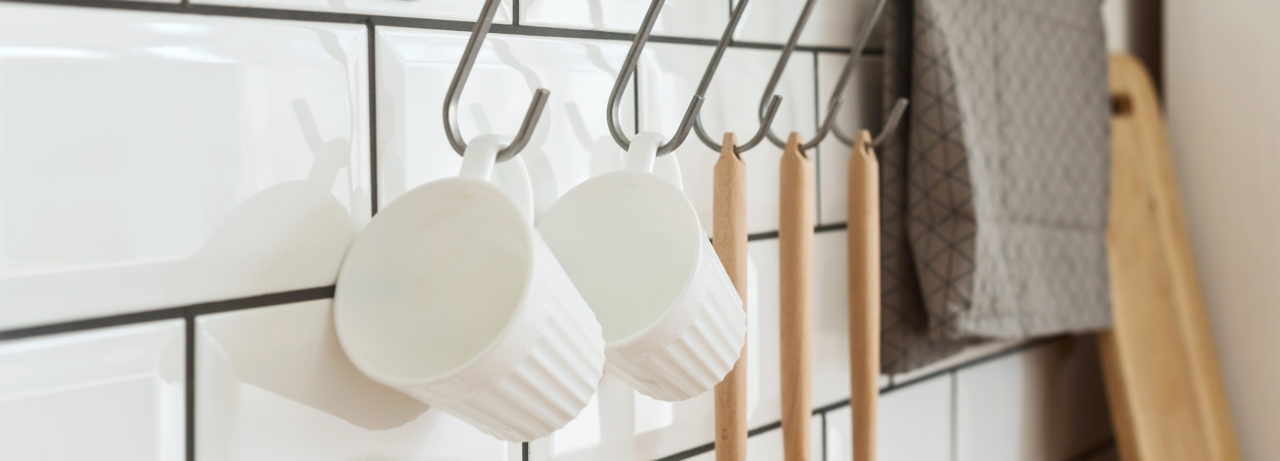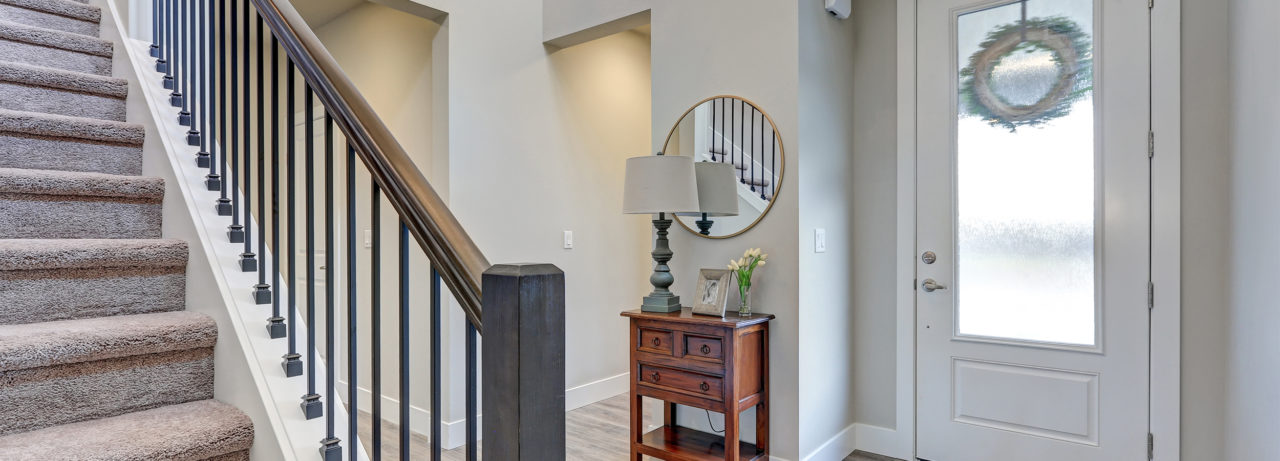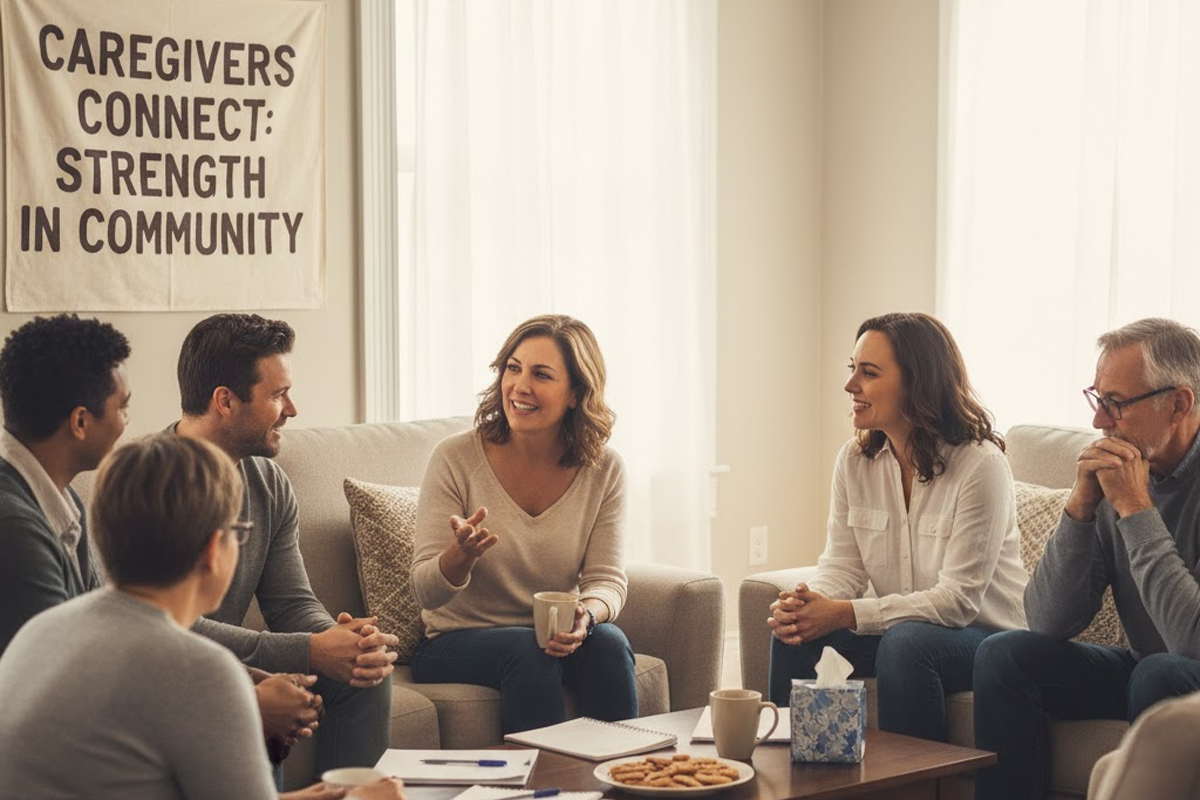Share
Safety can be a concern when your aging loved one wants to remain at home despite having difficulties with balance or mobility. Follow these tips to remove potential hazards so your loved one remains safe at home.
1. Create Space to Reduce Fall Risks
Move anything your loved one could trip over or slip on, including electrical cords, throw rugs, and anything else that could clutter the floor.
If necessary, rearrange the furniture to create clear paths while ensuring there are objects such as the back of a couch that your loved one can brace him or herself on if necessary..
If your loved one has recently, or may soon, transition to using a walker or wheelchair you may need to widen some doorways to accommodate these helpful objects.
2. Brighten Up the Rooms
Turn on every light in the house, and do a walk-through with your loved one to assess how well he or she can see at different times of the day. Install more lighting or upgrade to stronger bulbs anywhere the path isn’t clearly visible.
Place nightlights in every room, and install motion sensors in areas, such as stairwells and entryways, to ensure a light is always on and your loved one doesn’t have to fumble for switches in the dark.
3. Install Bathroom Safety Accessories
A walk-in bathtub lined with a no-slip mat is safer than a traditional bathtub, especially if your loved one has problems with balance.
Shower chairs or benches offer additional support for those who can’t stand for long periods. Install wall-mounted rails in the tub, and invest in a raised toilet seat with arms for safety when sitting down and getting up.
4. Prevent Kitchen Accidents
Ask your loved one which kitchen tools and accessories he or she uses the most, and make these items as easy as possible to access.
Install a rack on which to hang pans for convenience (just be sure it’s not too high), and invest in a sturdy block to store knives.
Make sure heavy items are placed in locations where they can be retrieved without bending or reaching too far.
5. Ensure Safer Entry and Exit
Entryways with steps or ridges are serious trip hazards and should be remodeled to prevent falls. If you can’t remove a stairway, consider installing a ramp or lift chair.
Switching to keyless or interior electronic door locks may also be a good idea if your loved one suffers from dementia. By using a code that your loved one doesn’t know you can reduce the chances of him or her wandering out of the home without assistance.
Taking the right precautions allows seniors to remain at home and enjoy familiar surroundings as they age.
If you’re unable to help your loved one navigate throughout the home during the day, Caring Home Care can help! Our registered home health aides are trained to ensure that your loved one is looked after while you’re not there, leaving you with a sense of peace that your loved one is safe. Learn more today!
Build a Caregiver Support Network: Finding the Help and Encouragement You NeedCaring for a loved one is one of the most meaningful and selfless things you can do. But being a family caregiver can also be emotionally, physically, and mentally draining. Whether you’re new to caregiving or have been doing it for years, building a
The Role of Respite Care: Supporting Caregivers and Seniors Caring for an aging loved one is an act of love, patience, and dedication. However, even the most committed caregivers need time to rest, recharge, and take care of their own needs. This is where respite care for caregivers plays a vital role. By offering temporary
Emotional Challenges of Caregiving Understanding and Coping with the Emotional Toll of Being a Caregiver Caregiving is one of the most rewarding roles a person can take on. It allows individuals to provide meaningful support to a loved one in need. However, it also comes with significant emotional challenges. Whether you’re caring for an elderly
The Benefits of Music Therapy for Seniors As people age, maintaining physical health, emotional well-being, and cognitive function becomes increasingly important. One powerful yet often overlooked tool for supporting senior wellness is music therapy. Whether it’s listening to favorite songs, playing an instrument, or participating in a guided session, music therapy for seniors can spark
Need A Caregiver? Fill Out Form Below
With our competitive rates, we make receiving in-home care affordable regardless of whether you’re using your insurance or paying out of pocket.


